What on earth is Summer Friendship Syndrome?
'Just like that, I was relegated from A-list evening friend to B-list daytime one. And you know what, it really hurt'...
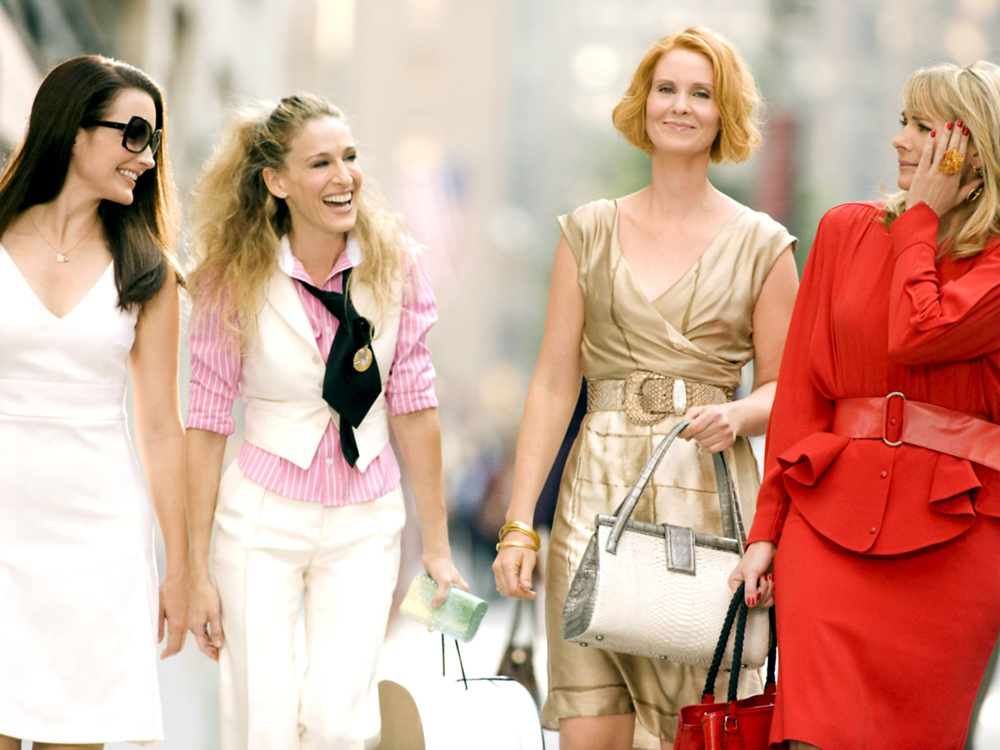
'Just like that, I was relegated from A-list evening friend to B-list daytime one. And you know what, it really hurt'...
The tone of the email I got last week from an old friend last week was perfectly breezy, yet when it pinged into my inbox it caused a sharp intake of breath. I’d suggested an alfresco glass or rosé at our favourite Italian with two other mutual friends who completed our Sex and the City-style foursome. This has been our ritual for five years the minute the long summer nights kick in.
But she had other ideas: ‘The whole month is out I’m afraid. I’m just so busy,’ she wrote back. ‘It’s better for me if we do an afternoon coffee sometime.’
Just like that, I was relegated from A-list evening friend to B-list daytime one. And you know what, it really hurt.
‘There’s something about the arrival of summer, when a light breeze blows through your diary and your social life expands into beer gardens and barbeques, that causes you to take stock of who you really want to see, and when. We may buy into the fantasy of the tightly-knit female friendships in SATC in the same way we buy into the sky-high Manolos and Prada dresses, but girlfriend all-rounders such as Carrie and co are in pretty short supply; the ones you can enjoy raucous nights out with, Sunday brunch and call at 3am in tears after a row with your man.

I’ve decided I’m suffering from Summer Friendship syndrome (SFS), and Facebook, Twitter and the internet only seem to muddy the water. It doesn’t matter how may ‘friends’ your social networking site says you have, it bears little relation to those you actually value.
Anthropologist Robin Dunbar agrees. 'While most of us claim an average of 150 acquaintances, only 15 or so of those comprise an Inner core’, he says. Indeed, a poll by the Social Issues Research Centre revealed that the qualities women value most highly in contact are ‘loyalty’ and ‘someone you can be yourself with’ – not things that play out very well on the internet.
Celebrity news, beauty, fashion advice, and fascinating features, delivered straight to your inbox!
As Kate Fox, sociologist and author of Watching the English, puts it, genuine female bonding is generally a simple affair. ‘All women need for bonding is a couple of chairs and a pot of tea – maybe not even that,’ she says. In that sense, female friendships have remained much the same down the ages, from the time when our mothers would natter with a neighbour while pegging out the washing, to evenings drinking Chablis in wine bars. The major difference is that while our mothers may have had just one lifelong circle of local friends, our Internet-driven lives mean we have many more.
‘These days women change jobs, homes, interests, lifestyles and make/ break and collect friends as they go,’ adds Fox. ‘These friends provide support networks – security and a source of refuge – and an escape, a place to be ourselves. They play many roles, and help us to define ourselves at particular stages in our lives’.
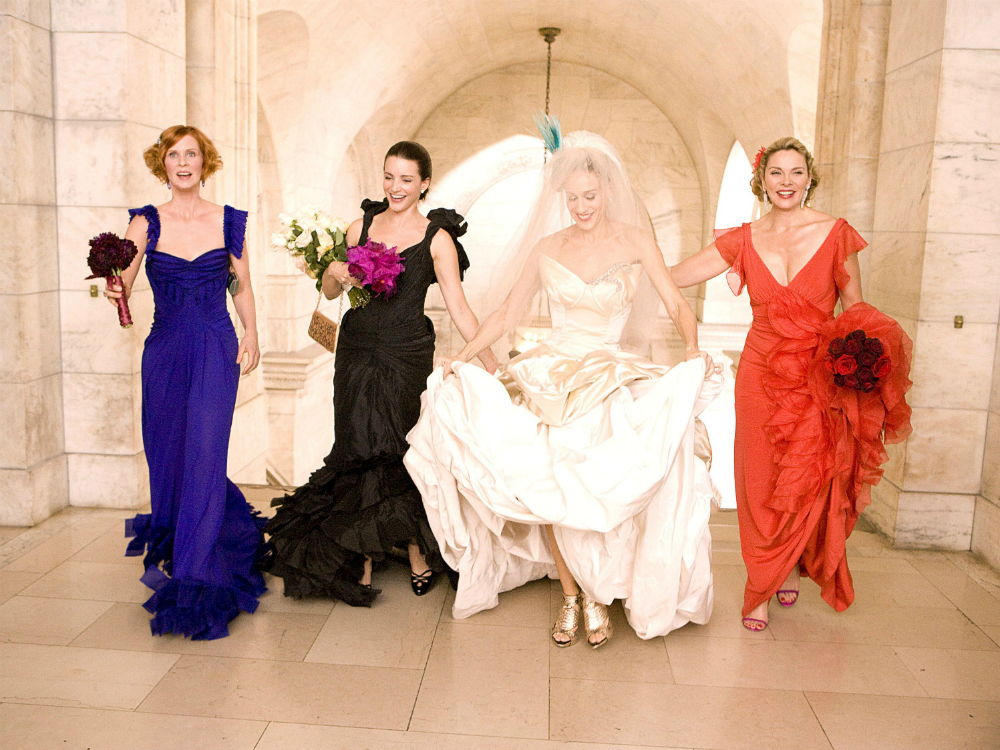
As someone who works hard at friendships (I’m an only child, so my close friends are as important to me as family), I’ve found that to be true. No matter how dedicated you are, your relationships change as you navigate through your twenties, thirties and beyond.
I often think about the words of a former boyfriend who was a few years older than me and took a wryly amused stance on my college crowd’s get-togethers. At the time, we met once a week, an arrangement I saw no reason not to last for ever. ‘I was just as close to all my mates’, he used to say, ‘But life changes, and once you get older, other stuff will get in the way.’
Of course, he was right. I now only see my college friends four times a year, and each meeting has to be planned with military precision.
Psychologist Mark Vernon, author of The Philosophy of Friendship, puts the upper limit on the number of friends you can realistically maintain at ‘between six and 12’. A canvass of my friends seems to confirm this. Our social lives have dwindled in direct opposition to the increasing demands of our workloads and domestic responsibilities.
A survey by the Office of National Statistics found that the average woman has seven hours a week less free time than the average man. Psychologist Jane McCartney points out that the advances made by women have come at a huge cost. ‘The pressure that women have put on themselves has grown exponentially in recent years. We have many more opportunities but this has created an expectation to seize them all and do well in them all.’
As one of my close friends put it: ‘In a consumer society, we make choices all the time about where we eat and what we wear. As I’ve got older, I view my friendships in much the same way. They need to be working for me or I let them go.’

Another pal confided in me recently that she often pencils in dates she has no intention of keeping. ‘It’s the ultimate delaying tactic,’ she says. ‘It would actually be better if I say, “I’m just not around for a while,” and hope they get the message.’
What it boils down to, I think, is matching expectations. I have a great friend with whom I have settled into occasional lunches and coffee where once we met for dinner, an unspoken nod to the general busyness of our lives. The problem comes when the Wednesday friend keeps trying to graduate to Saturday and just isn’t reading the signals.
Despite the potential minefield, the advantages of a decent friendship remains the same. It enhances your life, whether by sharing in the bad times or enjoying a joyous gossip. That’s why those special alfresco dinners you’ve got lined up with your true girlfriends over the coming months are so enchanting – a bubble of simple, shared experience that lifts you from the rhythms of daily life. And it doesn’t, at least, take the illuminating light of summer to help you work that one out.
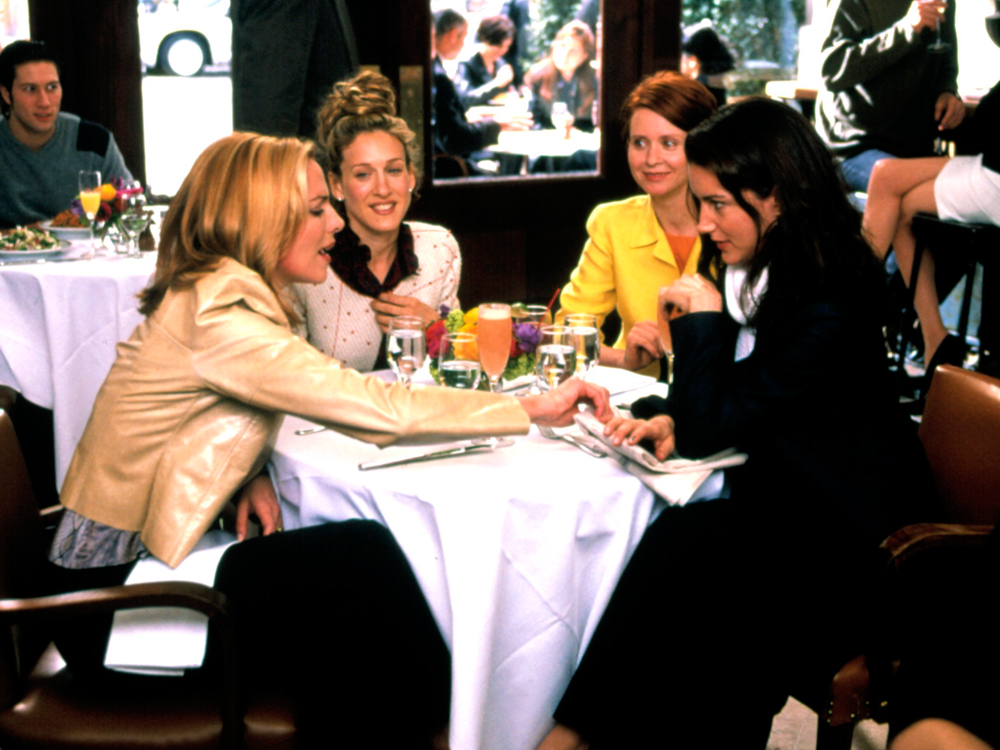
HERE IS YOUR FRIENDSHIP SURVIVAL GUIDE
Mark Vernon, author of The Philosophy of Friendship, offers his top tips on maximizing the relationships that matter to you the most. THE BUSY, CAREER-DRIVEN FRIEND
Plan ahead. While you’re together, agree on another date and venue and put it in the diary before you leave. Assign one person to book the agreed restaurant or activity the following day. That way, you can be sure of the best quality evening together within your time constraints.
THE CHILDHOOD FRIEND
The key characteristic is the extensive history you share. It’s like a battery that will never run flat. Use email to share weekly or fortnightly updates on the details of your relationships and families so you both feel connected.
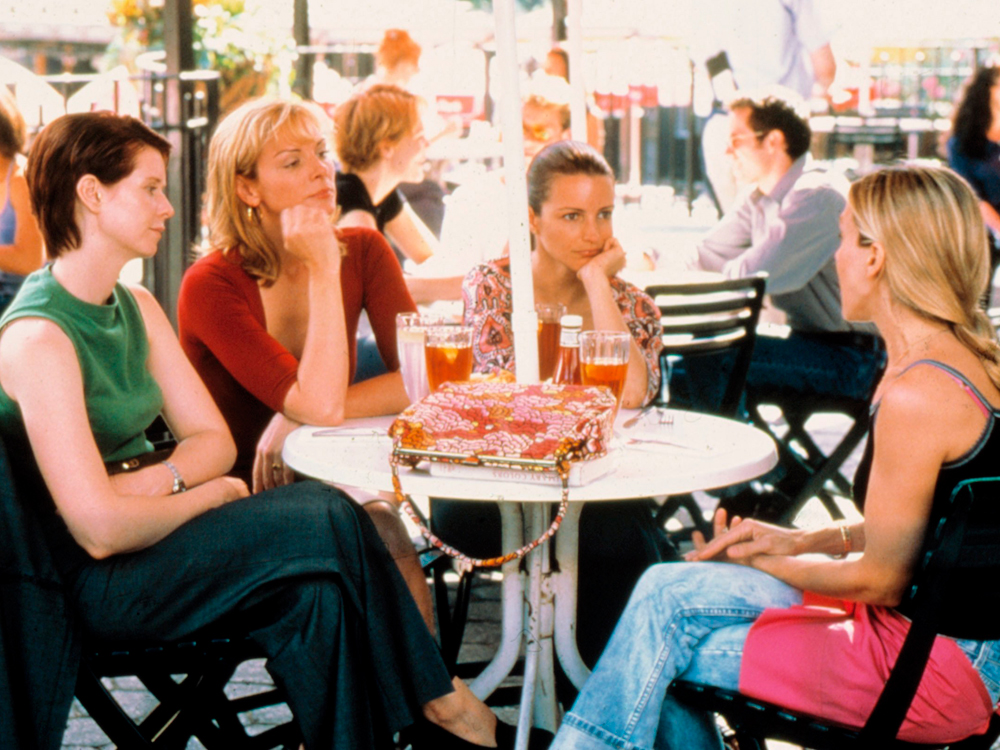
THE FRIEND IN A DIFFERENT LIFE-STAGE
One of you may have children while the other doesn’t, but it's about re-evaluating and celebrating what you do have in common rather than focusing on what you don’t. Find mutual ground that doesn’t revolve around your old habits such as drinking or clubbing. Take up a new gym or language class together every week, followed by a chat over coffee. THE SINGLE FRIEND
Those not in relationships rely on their friends more to fulfill their emotional needs than friends with partners. Meet regularly and make it quality, unhurried time.
THE COLLEAGUE OR EX-COLLEAGUE
Stay within the parameter of your working lives and don’t expect too much. If you change your job, the friendship may well fizzle out as common topics dry up. Such friends may need to be dropped gently.
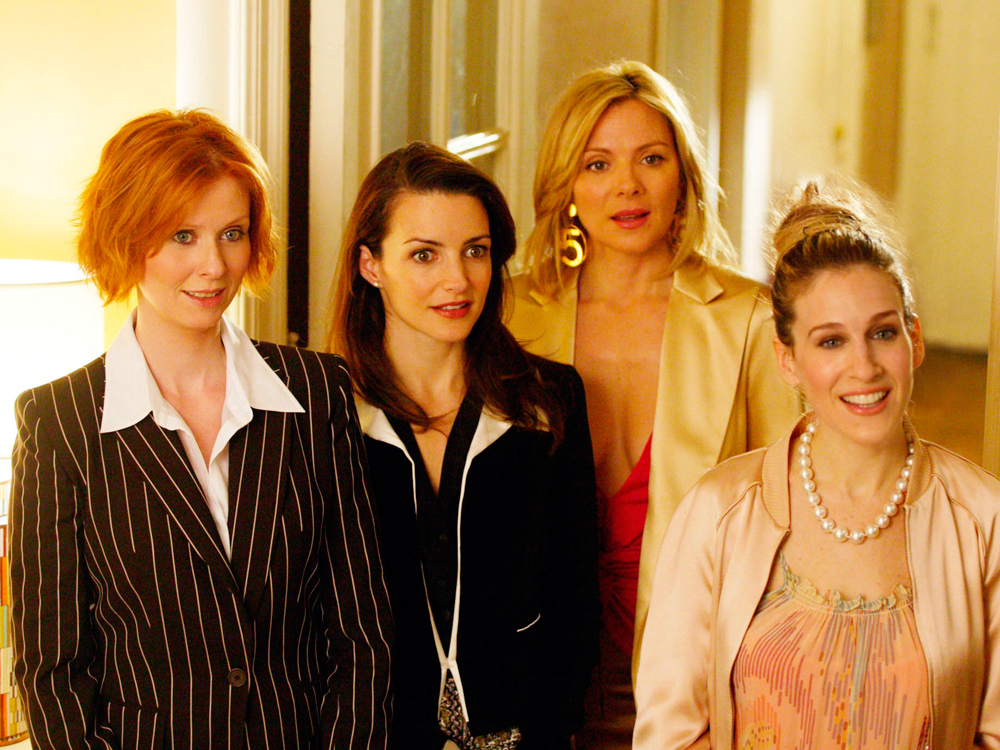
The leading destination for fashion, beauty, shopping and finger-on-the-pulse views on the latest issues. Marie Claire's travel content helps you delight in discovering new destinations around the globe, offering a unique – and sometimes unchartered – travel experience. From new hotel openings to the destinations tipped to take over our travel calendars, this iconic name has it covered.